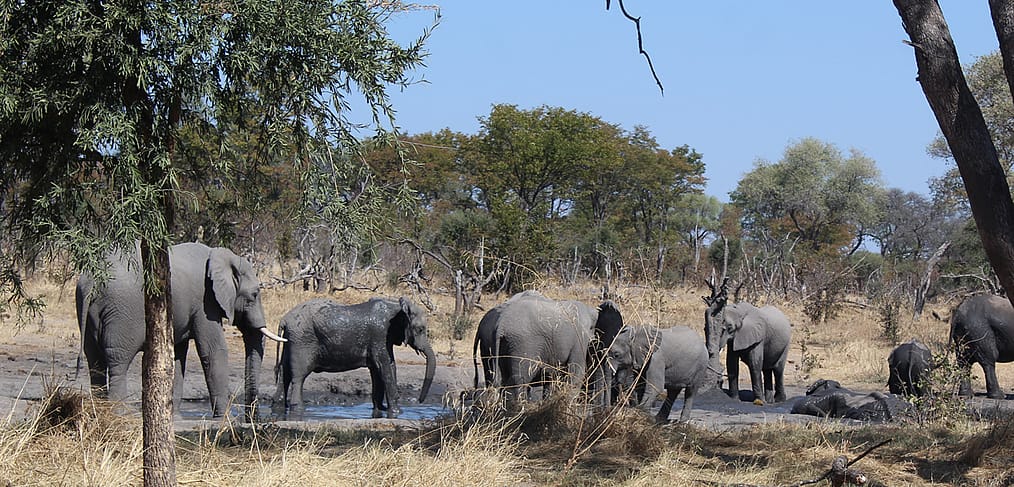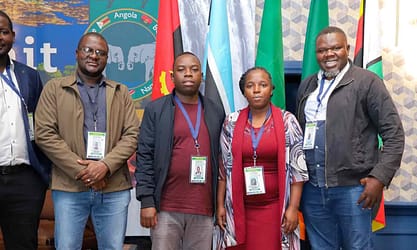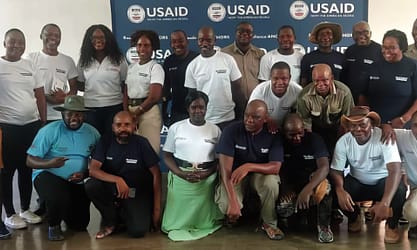
The Road to CITES: A jumbo debate is anticipated at CITES-COP19
In less than a week from today, at CITES (COP 19), hosted by Panama City, Panama from 14 to 25 November, the Conference is expected to order a blanket ban on elephant hunting and ivory imports.
Writes The Voice newspaper in Botswana, “In an agenda that is giving countries in Southern Africa sleepless nights, the conference is likely to move elephants from appendix II to appendix I of CITES regulations, which protect such class of animals from being hunted.
“Highlighting the impact such a decision, made in Central America over 11, 000km away, will have locally, Director of Ngamiland Coalition of Non-governmental Organisations (NCONGO), Siyoka Simasiko explained, ‘What it essentially means is that the hunting quotas which communities have been benefitting from through hunting safaris will be outlawed through CITES.’
“Covid-19 has brought death and misery to the world, claiming over 6.5 million lives around the globe and 2, 790 souls in Botswana; now CITES COP 19 poses a threat to livelihoods in Southern Africa.
“Mr Siyoka Simasiku, Treasurer of the Community Leaders Network in the SADC, gave these comments having returned from a five-day African wildlife consultative forum in Maputo, Mozambique, where issues surrounding sustainable use of wildlife and conservation were discussed, including the possible ban of trophy hunting.
“Reached for comment, Chairperson of Community Leaders network in SADC, Rogers Lubilo stressed Southern Africa is right to be worried, warning such a move would spell misery for them all.
‘Indeed COP 19 is around the corner and we have noted with concern some maneuvers by other governments, primarily European governments, which are aimed at ensuring that there is trophy hunting ban especially from targeted countries in Africa. If successful, this will affect million of communities who depend on hunting and wildlife tourism in Southern Africa.’
Lubilo believes a ban would be counterproductive and cause more harm than good.
‘It poses a great danger to conservation itself because sustainable use approach has been used over the last five years in Southern Africa to bridge the gap; to reduce human-wildlife conflict, to create incentives to rural communities and to create jobs. And also sustainable use has been used to actually champion conservation. Most of the habitat restoration of wildlife has recovered in areas where local communities were involved is sustainable conservation,’ he pointed out.
“Lubilo’s hope is that SADC governments will stand together and present a united front at COP-19, hopefully forming alliances outside its boundaries and ultimately vote in majority numbers against the ban.”


